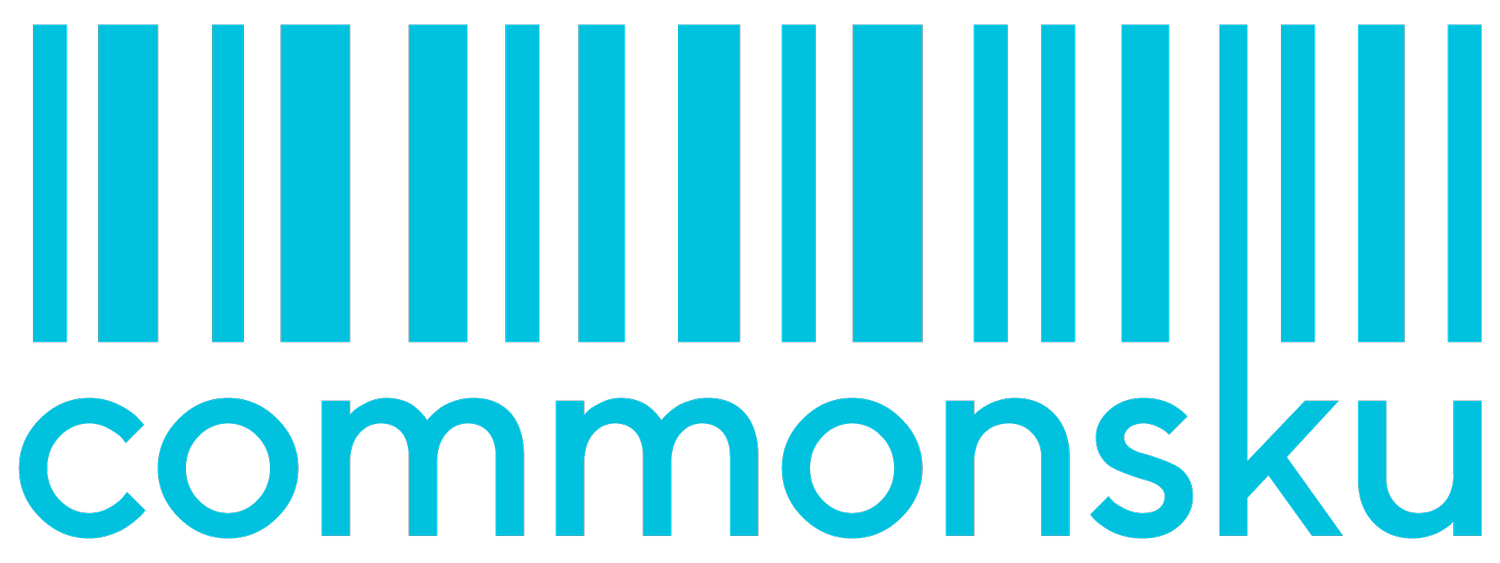5 things you can learn by banning catalogs
Our company history as a tech forward distributor is what propelled us into the software business. Throughout our 20+ year history in the industry, there have been a few very notable milestones. One occurred in 2006 when all of our open order paperwork got knocked onto the floor and literally scattered across the office. That's when we decided to build our own in-house order management software.
<! data-preserve-html-node="true"--more-->Another milestone in our history occurred in 2011. That's when our associated distributorship (RIGHTSLEEVE) insisted on keeping no more than one copy of a supplier catalog on file in the office. It was a mile-long step forward, yet, we still couldn't let go of that one copy - sitting quietly, sadly ignored, and gathering dust in our filing cabinets.Fast forward one year, and we've arrived in catalog utopia. In 2012, fueled in part by their usage of commonsku (with full ESP, SAGE, and DistributorCentral product integrations), the RIGHTSLEEVE staff voted unanimously to completely ban catalogs.Mobility rules
If you move your promotional products business online, your employees can be where they should be, out in the field servicing customers. And, they still have easy access to all of the information they need. Instead of photo-copying catalog pages, creating binders, or dragging myriad catalogs along to a meeting (then finding out they didn't bring the correct ones) arm your sales force with mobile technology and let them showcase the exact products they need at the time they need them. With cloud-access, note taking at meetings also becomes a snap and digital notes or opportunities can be sent back to support staff at the office as soon as the meeting ends.If those meeting notes were delivered by hard copy and misfiled, it would cost your business about $120 to retrieve it according to an oft-quoted study from Gartner Inc.Thumbs up from the earth
We couldn't have a post that encourages going paperless, without talking about the impact to the environment. Going catalog-less in your distributorship would show Mother Earth that you have her back. Eliminating just 16 catalogs(1) from your collection saves one tree.Add to that the reduced environmental footprint of allowing employees to work from home more often and you'll be racking up massive good karma points for shunning catalogs in favor of paperless technology.Our belt is tighter
Additional office space, filing cabinets for storage, postage, even the cost of transportation (Do you wanna lug 15 lbs of catalogs on the subway with you?) are all reduced when you move to an online service.With technology costs so cheap these days, you can also cut down on the cost of the quality control work typically done by printing your orders and comparing back and forth by paper. With online data, you can pull the information up in separate browser tabs and compare right on your monitor.According to IDC Canada, $14,000 worth of productivity is lost for each worker per year because of an inability to find the data they need to do their job.(2) We'd rather see distributors give employees the ability to actually find the information they need to do their jobs, and book a nice company picnic with the extra cash.Finger-pointing be gone
C'mon, we know you've been there.The last known person to have the only copy of a catalog for the office before it goes missing risks life and limb leaving their desk. Cut out the wild goose chases and exasperated sighs from co-workers by not even possessing a catalog that could get lost.Service like a champ (not a chump)
Pop quiz: A client calls and wants pricing on an item. Which is better customer service?- Telling them you have to go figure out the supplier line, find their catalog in your files (hopefully it's there), look up the product, then call them back.
- Asking how their last promotion went while doing a quick search through a product database and having all of the information populate for you within seconds before they've even finished telling you how awesome that last employee recognition program was.


